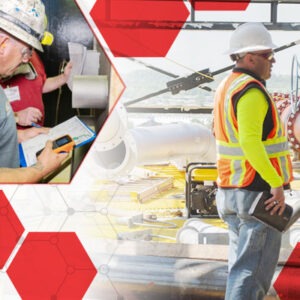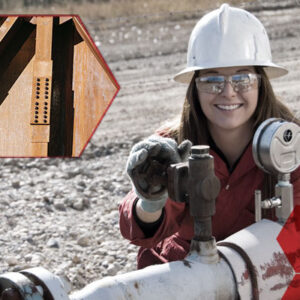AMPP Cathodic Protection Level 2 Course: Everything You Need to Know
Cathodic protection is like a superhero shield for important structures in different industries. It’s a crucial way to stop things from getting rusty and falling apart, which could be a big problem. It’s used in lots of places like pipelines and storage tanks to stop corrosion, which is like rusting but on a bigger scale. Without cathodic protection, these structures could wear out faster, costing a lot of money and even causing environmental disasters. So, it’s pretty important!
What is NACE (Now Known as AMPP) CP2?
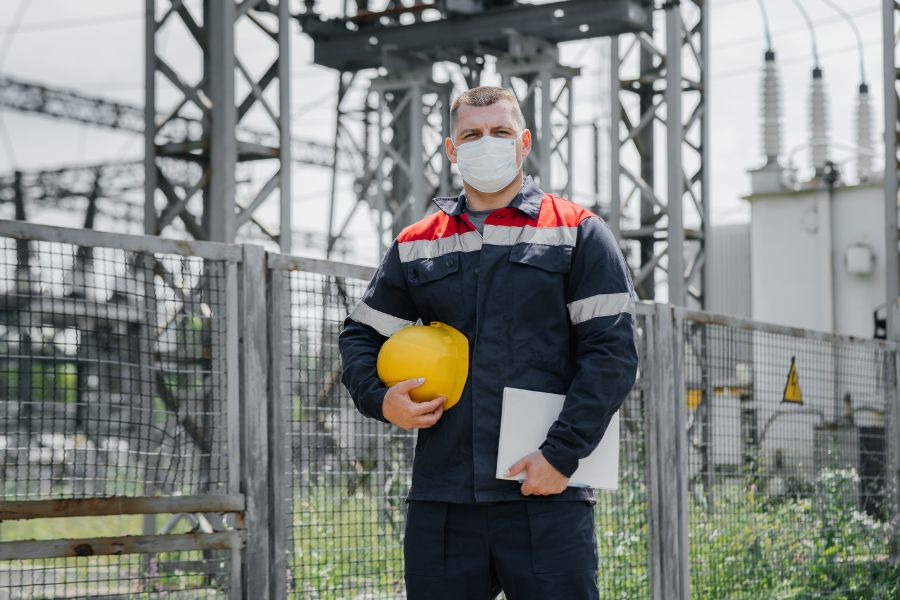
What does NACE (Now Known as AMPP) CP2 Certification Mean?
NACE (Now Known as AMPP) Cathodic Protection Level 2 certification is like a gold star for those who are experts in cathodic protection. It’s given out by an organization called AMPP (which used to be called NACE International), and it shows that someone really knows their stuff when it comes to cathodic protection systems. This certification is super respected in the industry because it proves that someone can design, set up, and keep up with cathodic protection systems like a pro.
What You’ll Learn in the Course?
The AMPP Cathodic Protection Level 2 Course is like a treasure trove of knowledge for anyone wanting to be a whiz at cathodic protection. They cover a bunch of important stuff, both theory and practical skills. Here’s a peek at what’s inside:
Rust Basics: Before you can stop something, you gotta know how it works. In this part, you’ll learn all about rust—what makes it happen, the different types, and what makes it go faster or slower.
How to Protect Stuff: This section is all about the different ways we can stop rust from happening. They’ll teach you about things like sacrificial anodes, impressed current systems, and a mix of both, and tell you when each one is best.
Design Secrets: Designing a good protection system needs some serious thinking. You’ll learn about stuff like how the ground affects it, how to measure it, and how to pick the right materials. Plus, you’ll see examples of how it’s done.
Putting It All Together: Once you’ve got your plan, you need to make it happen. They’ll teach you how to install everything just right—things like anodes, reference electrodes, and other bits and pieces.
Keeping an Eye Out: Even after you’ve set everything up, you’ve gotta make sure it’s still doing its job. This part covers different ways to check, like doing surveys, using remote systems, and just giving things a good look every once in a while. And they’ll tell you why it’s important to keep up with maintenance.
Playing by the Rules: There are rules for everything, even protecting stuff from rust. You’ll learn about all the important rules and how to stay safe while you’re doing it.
What Are the Two Types of Cathodic Protection?
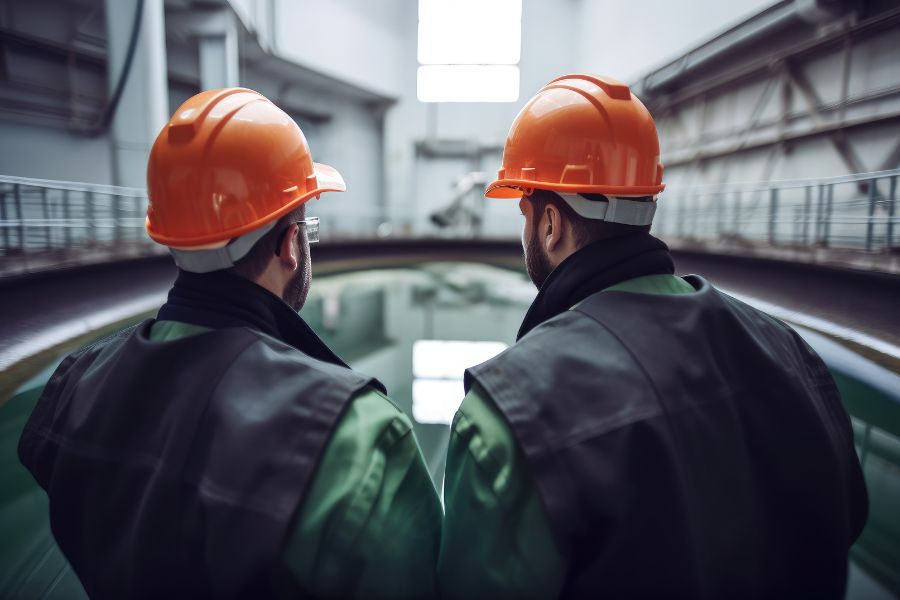
Impressed Current Cathodic Protection (ICCP): Imagine you have a big metal structure, like a bridge or a ship, and you want to protect it from rusting. ICCP is like having a special system with batteries attached to the structure. These batteries constantly send a small electric current through the metal, which helps stop it from rusting. This method is great for really big structures or places where rust is a big problem.
Galvanic Cathodic Protection (GCP): Now, picture a smaller metal thing, like an underground pipe or a boat hull. GCP works differently. Instead of using batteries, you attach a piece of metal that rusts easily (we call it a sacrificial anode) to the thing you want to protect. This sacrificial metal corrodes instead of the main metal, kind of like taking one for the team. So, your pipe or boat stays safe from rust because the sacrificial metal rusts away instead.
What is Cathodic Protection Level 2 (CP2) Certification?
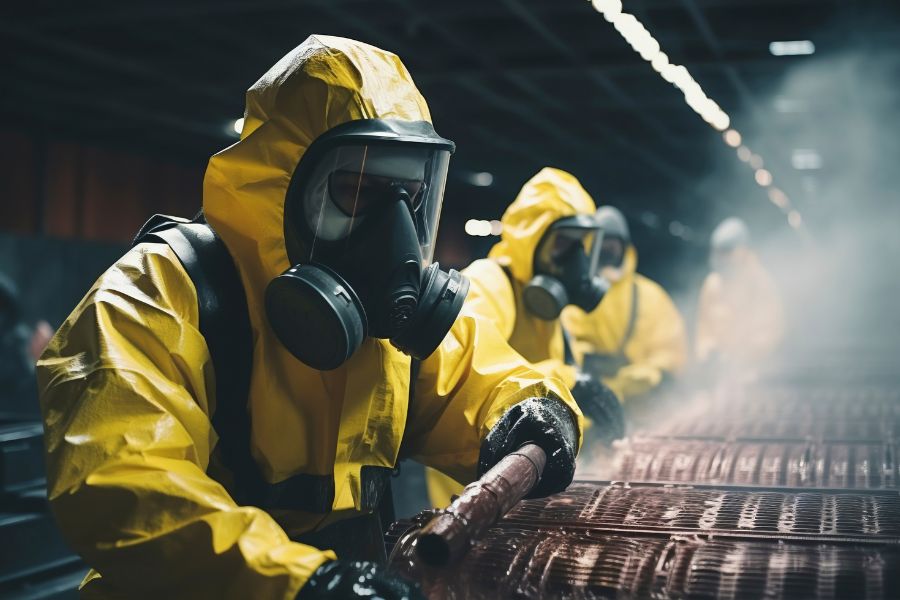
Why CP2 Certification Matters:
Cathodic protection level 2 certification, offered by the Association for Materials Protection and Performance (AMPP), is like a gold star for professionals in cathodic protection. It’s a big deal in the industry because it shows that someone knows their stuff when it comes to setting up and looking after cathodic protection systems.
When you’re Cathodic Protection Level 2-certified, employers and clients know they can trust you to do a top-notch job because you’ve proven you’re skilled at designing, installing, and maintaining cathodic protection systems. Having this certification can give you a leg up when it comes to getting hired or moving up the career ladder in the corrosion control industry.
How to Get CP2 Certified:
To become CP2 certified, there are a few boxes you need to tick. First off, you need to have some education and experience in cathodic protection under your belt. Then, you’ll need to go through a training program, like the AMPP Cathodic Protection Level 2 Course. This course covers all the important stuff you need to know to pass the CP2 exam.
The exam itself tests what you’ve learned about cathodic protection principles, practices, and standards. Pass the exam, and you’ll earn your CP2 certification, showing everyone that you’re not just good at what you do — you’re great at it, and you’re committed to doing things the right way.
Cathodic Protection Level 2 Salary
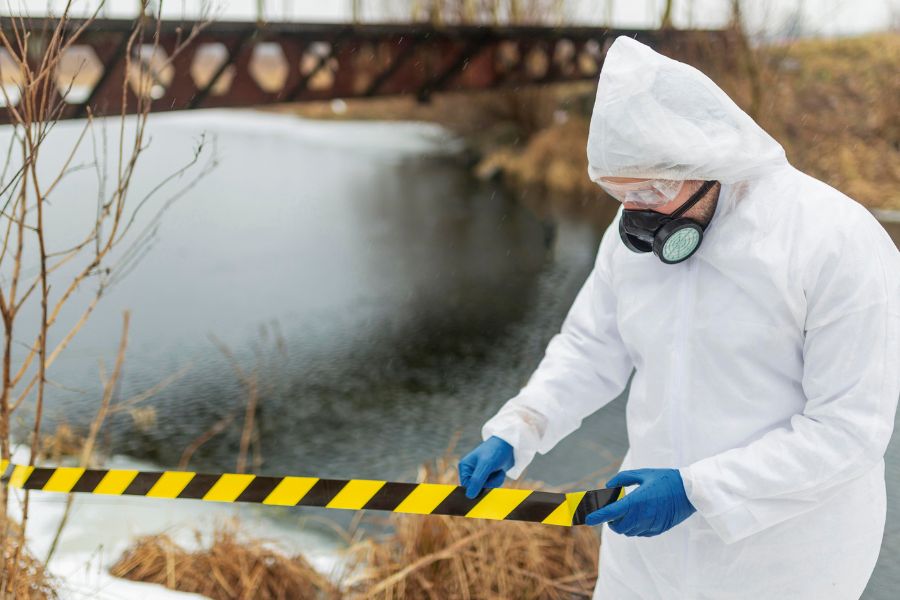
Cathodic Protection (CP) Level 2 professionals play a crucial role in safeguarding infrastructure from corrosion. As with any specialized field, CP professionals’ salaries vary based on several factors.
Overview of the average salary range for CP level 2 professionals
The salary range for CP Level 2 professionals typically falls within a broad spectrum. However, this can vary significantly depending on factors such as experience, geographic location, industry, and the specific responsibilities of the role.
Experienced CP Level 2 professionals working in industries with high corrosion risk, such as oil and gas or maritime, tend to command higher salaries due to the specialized nature of their work and the critical importance of corrosion prevention in these sectors.
Factors influencing salary variations
Experience: Experienced Cathodic Protection Level 2 professionals with a proven track record of successful projects and certifications often command higher salaries than those who are newly certified or have less experience in the field.
Geographic Location: Salaries can vary based on the cost of living in different regions. For example, CP professionals working in urban areas with a high cost of living may receive higher salaries compared to those working in rural areas.
Industry: The industry in which a Cathodic Protection Level 2 professional works can significantly impact their salary. Industries with high corrosion risks, such as oil and gas, pipelines, and marine infrastructure, often offer higher salaries to attract and retain skilled CP professionals.
Additional Certifications: Cathodic Protection Level 2 professionals with additional certifications or specialized training may be able to negotiate higher salaries. For example, certifications in specific corrosion monitoring techniques or advanced CP methodologies can increase earning potential.
What is the Difference Between NACE CP1 and NACE CP2?
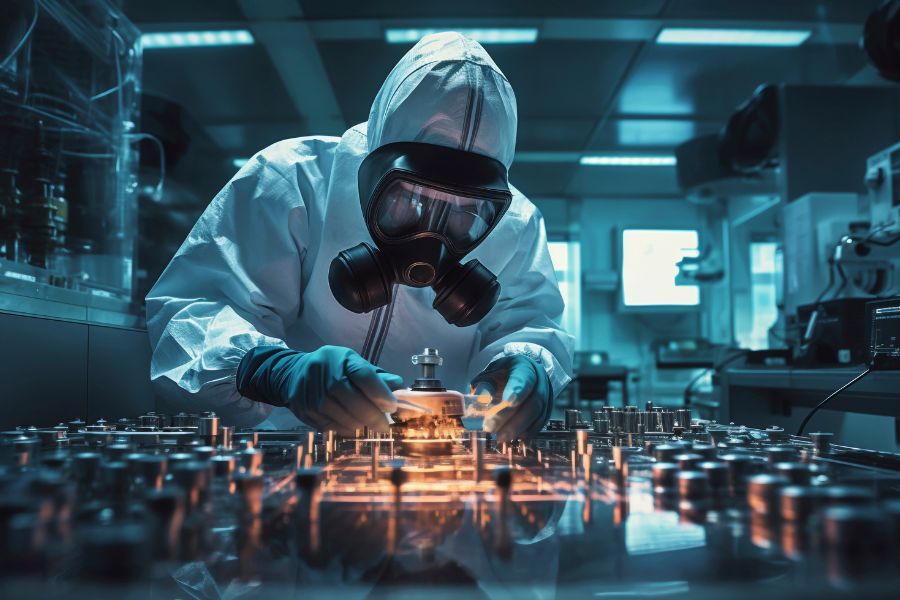
NACE (Now Known as AMPP) International, a top organization in preventing and controlling corrosion, offers two main certification levels for professionals: Cathodic Protection Level 1 (CP1) and Cathodic Protection Level 2 (CP2). Although both show expertise in corrosion prevention (CP) basics, they have notable distinctions.
Detailed comparison of NACE (Now Known as AMPP) CP1 and CP2 certifications
Scope of Knowledge: Cathodic Protection Levell 1 focuses on fundamental CP principles and basic techniques. On the other hand, CP Level 2 delves into advanced CP methods, including system design, installation, monitoring, and maintenance.
Experience Requirements: Cathodic Protection Level 1 usually requires less practical experience than Cathodic Protection Level 2. CP Level 2 candidates need more hands-on experience and expertise in CP system design and implementation.
Exam Complexity: Cathodic Protection Level 2 exams are tougher and broader than Cathodic Protection Level 1. Candidates must demonstrate a deep understanding of Cathodic Protection principles across various topics.
Advantages and career prospects associated with CP2 certification
Advanced Career Opportunities: Cathodic Protection Level 2 opens doors to higher-level positions like CP project manager, consultant, or system designer. These roles offer more responsibility and better pay.
Increased Credibility: Cathodic Protection Level 2 certification shows employers and clients that a professional has high expertise in CP. This boosts trust and credibility, leading to better career prospects and projects.
Expanded Skill Set: Cathodic Protection Level 2 training equips professionals with advanced knowledge and skills in CP system design, troubleshooting, and maintenance. This broad skill set makes them valuable to organizations managing corrosion risks.
What is the criteria for cathodic protection level 2?
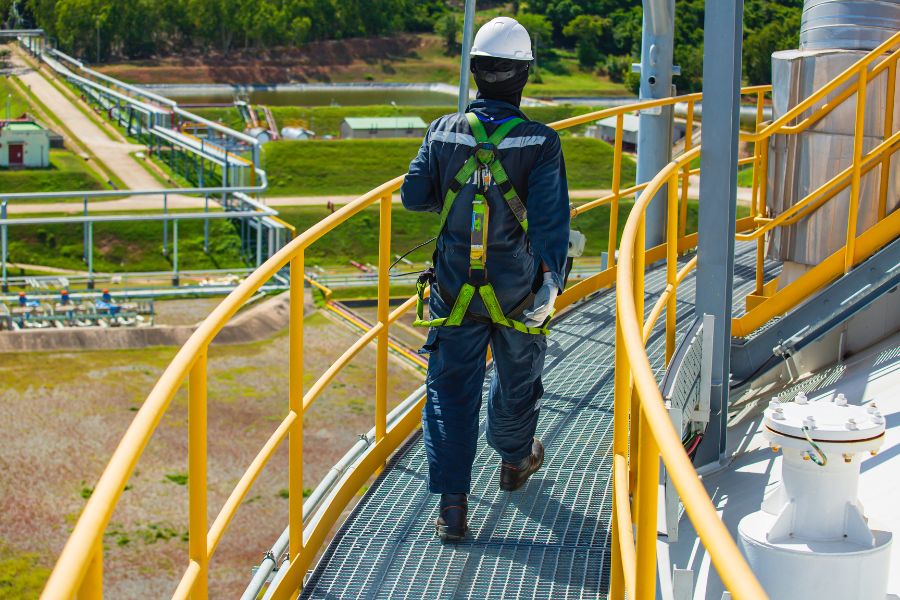
To become certified at Cathodic Protection Level 2, you need a solid mix of education and practical experience. First off, you should have at least a bachelor’s degree in engineering or a related field. This gives you a good foundation in understanding how corrosion works, the science behind electrochemistry, and the basics of Cathodic Protection.
But it’s not just about book smarts. You also need real-world experience. This means spending some years working in roles related to CP. You’ll learn hands-on skills and get familiar with managing CP systems. Usually, you’ll need to work under the guidance of CP Level 3 professionals to gain this experience.
When it comes to getting certified, you’ll face a tough exam. It covers a range of topics like designing CP systems, installing them correctly, monitoring how they’re doing, and fixing any issues that pop up. The exam might have different parts, including multiple-choice questions and essays, to test both your knowledge and practical skills.
To pass the exam, you’ve got to meet certain criteria set by the folks who run the certification program. That means scoring well enough on each part of the exam and showing that you know your stuff when it comes to CP.
Conclusion

Here at Corcon, we truly understand the incredible benefits that the AMPP Cathodic Protection Level 2 Course brings to professionals who want to excel in the cathodic protection field. Our training program is thorough and our exams are tough, ensuring that participants gain the knowledge and skills they need to succeed in this important area. Whether you work in oil and gas, marine engineering, or infrastructure, getting Cathodic Protection Level 2 certification through Corcon opens up exciting career opportunities and helps keep metal structures safe and sound. Don’t miss out on the chance to become a certified cathodic protection expert with Corcon and take your career to new heights!
FAQs: Frequently Asked Questions
What is the AMPP Cathodic Protection Level 2 Course?
The AMPP Cathodic Protection Level 2 Course is a comprehensive training program designed to provide professionals with the knowledge and skills needed to excel in the field of cathodic protection. It covers topics such as corrosion theory, electrochemistry, soil resistivity, polarization, and protective coatings.
Who should enroll in the Cathodic Protection Level 2 course?
The Cathodic Protection Level 2 course is ideal for individuals involved in the installation, maintenance, and inspection of cathodic protection systems. This includes engineers, technicians, inspectors, and other professionals working in industries such as oil and gas, marine, and utilities.
What are the benefits of Cathodic Protection Level 2 certification?
Cathodic Protection Level 2 certification demonstrates your proficiency in cathodic protection practices and enhances your credibility in the industry. It can open doors to new career opportunities, increase your earning potential, and provide a competitive edge in the job market.
How long does it take to complete the Cathodic Protection Level 2 course?
The duration of the Cathodic Protection Level 2 course varies depending on the training provider and delivery format. Typically, it involves several days of classroom instruction followed by an examination. Some providers may also offer online or self-paced options for greater flexibility.
Image Reference: Freepik
Disclaimer: All trademarks, logos, and brand names are the property of their respective owners. All company, product, and service names used in this website are for identification purposes only. Use of these names, trademarks, and brands does not imply endorsement.
